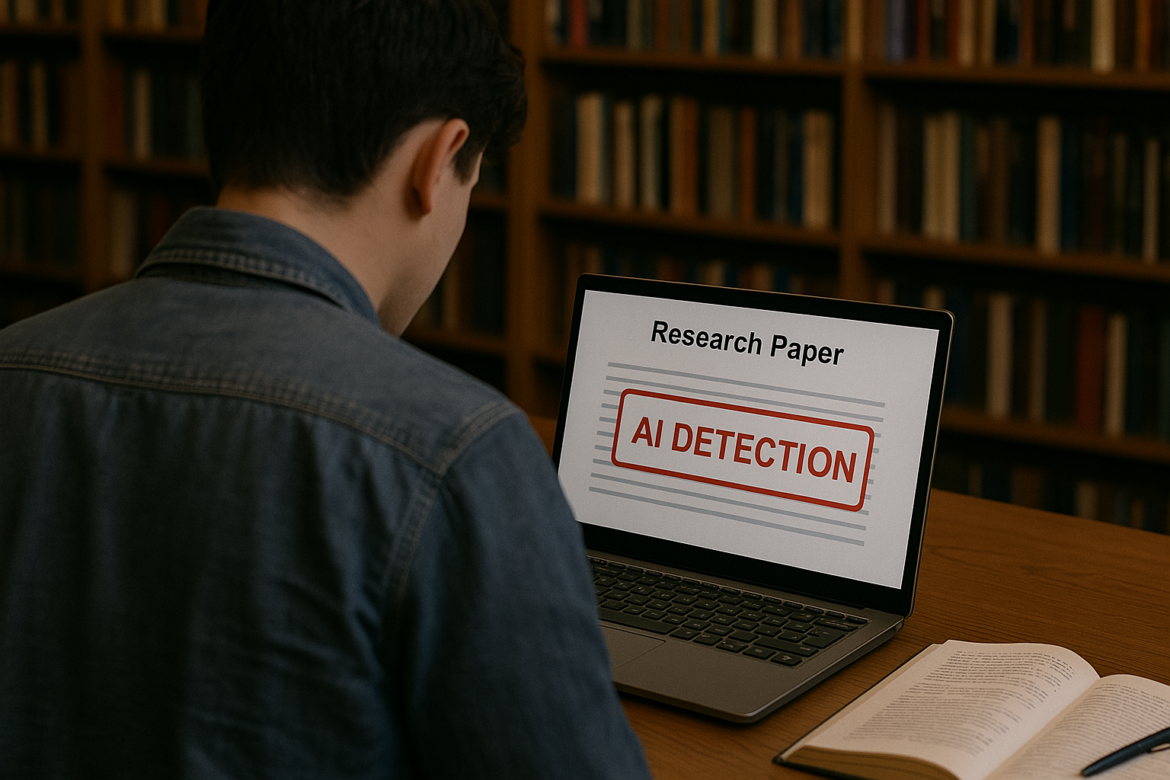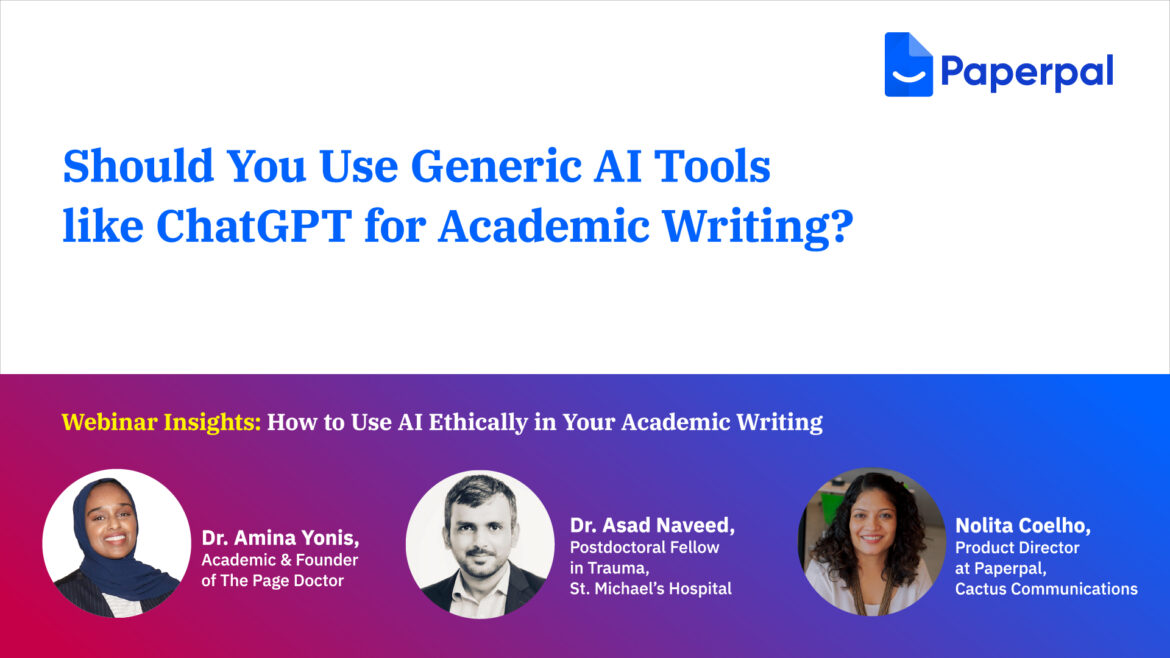Artificial intelligence (AI) detectors, also referred to as AI writing detectors or AI content detectors, are software tools that help users identify text generated using AI, such as ChatGPT. Such AI detectors are useful in several fields, such as publishing and education, because they can help journal editors determine whether a …
AI ethics
Academic and research integrity refer to the ethical standards and practices that underpin honesty and transparency in scholarship and scientific investigation. It encompasses a broad range of principles, including honesty in reporting and analyzing research data fairness in competing or collaborating with colleagues accountability in fulfilling one’s duties, and respect …
The scientific community faces a formidable threat: the proliferation of “fake science.” Fueled by advancements in generative AI, fabricated research undermines scholarly publishing’s credibility and obstructs genuine scientific progress. The ease of creating convincing fake data and studies makes it increasingly challenging to discern legitimate research from fraudulent information. This …
In just the last year, I have noticed the emergence and rise in the number of artificial intelligence (AI) tools available for students and academics. ChatGPT was released to the public at the end of 2022 and this marked the start of AI being made accessible as a productivity tool …
AI has transformed academic writing for good. Generative AI tools like ChatGPT, Bard, and Claude have become increasingly popular due to their accessibility and versatility, from generating text to providing research assistance, making them valuable assets for students and researchers alike. However, are these general-purpose AI writing tools trained enough …
The integration of artificial intelligence (AI) tools into the academic writing process has sparked numerous debates, particularly around the ethical considerations of plagiarism and AI detection. The interest in this topic was evident in the engagement and enthusiasm we saw in our recent webinar on the ethical use of AI …








